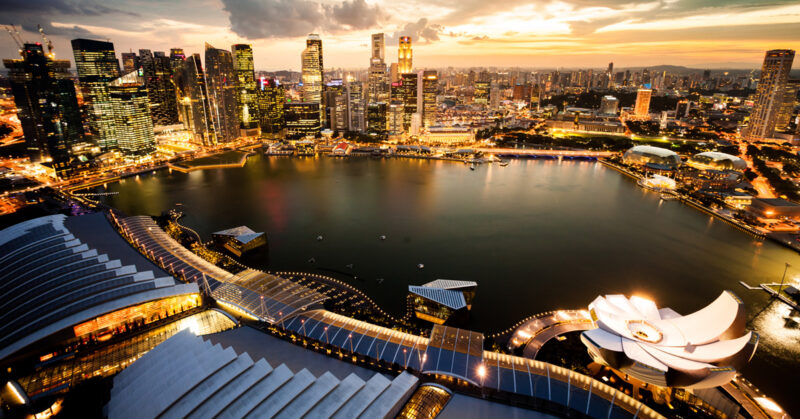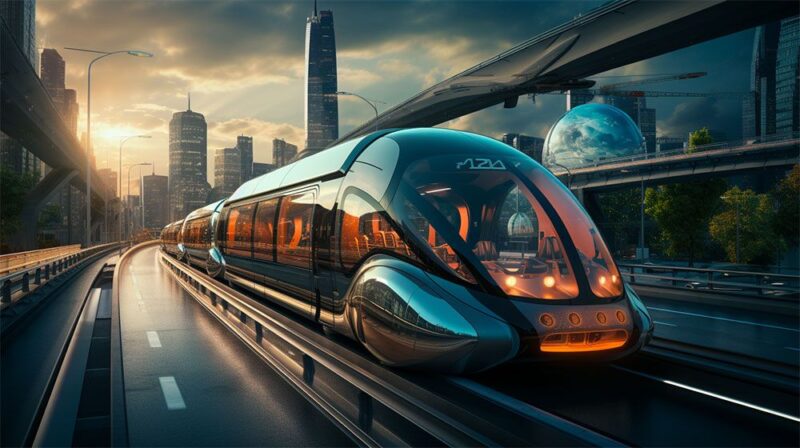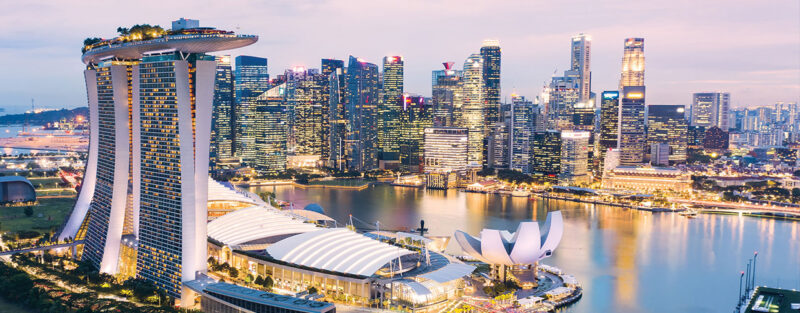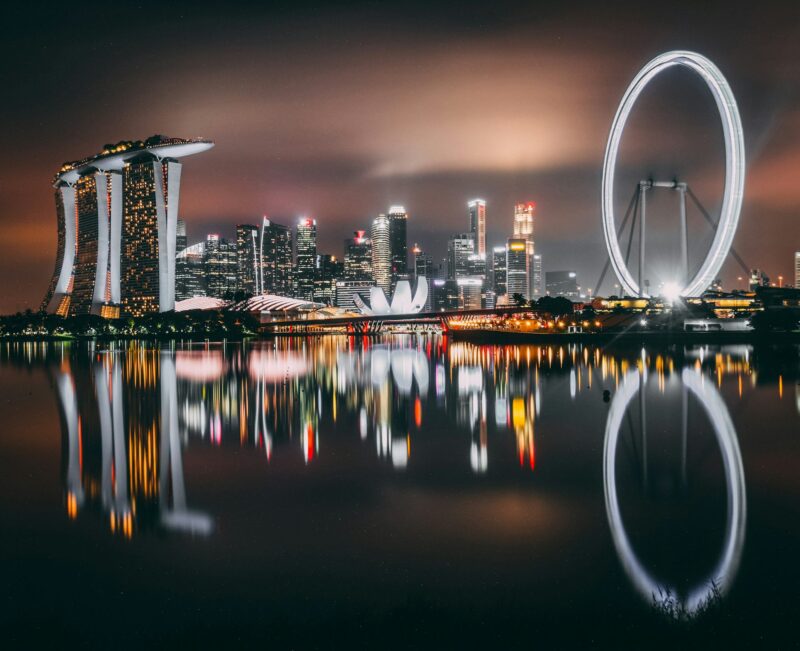In the heart of Southeast Asia, Singapore stands as a shining beacon of innovation, where the harmonious blend of urban design and cutting-edge technology has transformed the daily lives of its citizens. This city-state is not merely a bustling metropolis; it is a living laboratory for smart solutions that address the challenges of urbanization.
From the intricate web of sensors embedded in its streets to the intelligent public transport systems that seamlessly connect neighborhoods, Singapore is redefining what it means to live in a smart city. As the sun rises over the skyline, casting light on the revolutionary initiatives that enhance sustainability and improve overall well-being, one can’t help but marvel at how the fusion of technology and urban planning is shaping a brighter, more efficient future.
This article explores how Singapore’s urban landscape leverages smart technology to enrich daily life, highlighting the innovations that empower its people and create a model for cities around the globe, with developments like River Green Condo embodying this next generation of intelligent, connected living.
The Rise of Smart Cities in Singapore

- Source: omrania.com
Singapore is leading the charge in the rise of smart cities, seamlessly integrating technology into its urban fabric to enhance the quality of life for its residents. From adaptive traffic management systems that dynamically adjust to real-time conditions, to smart waste management solutions optimizing collection routes, the city-state is leveraging data in unprecedented ways.
Imagine a bustling street where sensors monitor air quality and environmental conditions, alerting citizens through their smartphones about pollution levels. Beyond mere convenience, this technological evolution fosters sustainability and encourages community engagement, as residents become active participants in the ecosystem.
With each innovation, Singapore not only transforms its landscape but also sets a benchmark for other cities around the globe, illustrating a vision where connectivity and conscious urban planning converge beautifully.
Smart Transportation Solutions: Enhancing Mobility and Reducing Congestion

- Source: www.thedigitalspeaker.com
Singapore’s commitment to smart transportation solutions is revolutionizing the way residents navigate the city, seamlessly blending high-tech innovations with everyday mobility. Through an intricate network of sensors and real-time data analytics, the city has managed to streamline traffic flow, minimizing congestion on its bustling roadways.
Imagine a scenario where commuters no longer fret over gridlock—smart traffic lights adjust dynamically based on traffic patterns, while an app informs users of the quickest routes and alternative transportation options in real time. Moreover, initiatives like autonomous buses and electric vehicle-sharing programs are not just futuristic concepts but practical realities here, designed to enhance connectivity and reduce reliance on personal vehicles.
As the urban landscape continues to evolve, these smart solutions offer a glimpse into a more efficient, eco-friendly future, inviting residents to embrace a new paradigm of urban mobility.
Conclusion

- Source: woolpert.com
In conclusion, Singapore’s innovative approach to integrating smart technology into its urban landscape has significantly enhanced the quality of daily life for its residents. From intelligent public transportation systems to eco-friendly building designs, thcity’sys commitment to sustainability and efficiency is evident at every corner.
Projects like River Green Condo exemplify this forward-thinking ethos, providing not just modern living spaces but also promoting a harmonious relationship between nature and urban development. As Singapore continues to evolve its urban planning strategies, the use of smart technology will undoubtedly play a crucial role in shaping a vibrant, livable, and sustainable city for future generations.


